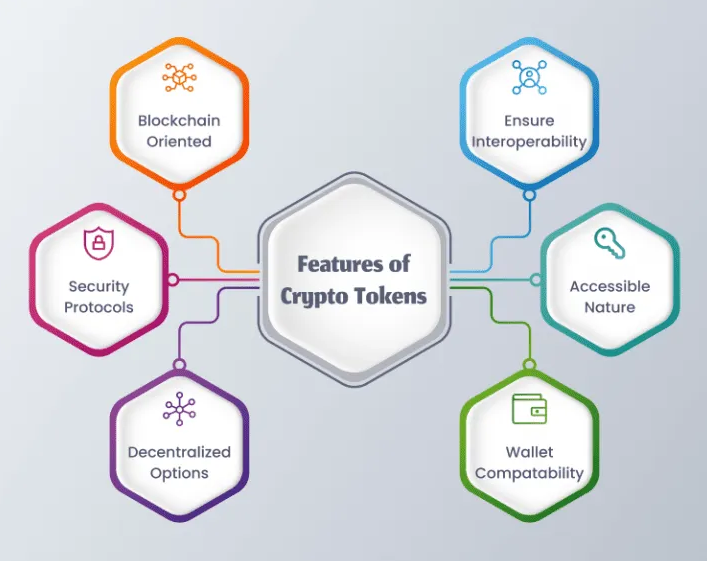
Exploring Token Creation Across Different Protocols
A Comparative Overview
In the vast landscape of blockchain protocols, the ability to create custom tokens has become a cornerstone of decentralized finance (DeFi) and digital asset ecosystems.
From Ethereum to Binance Smart Chain (BSC), Polygon, and more, various blockchain networks offer unique opportunities for token creation and issuance.
Let’s explore some of the prominent protocols and their token creation capabilities:
- Ethereum (ETH):
Ethereum, often dubbed the “world computer,” pioneered the concept of smart contracts and tokenization. Through its native programming language Solidity and standards like ERC-20, ERC-721, and ERC-1155, Ethereum enables the creation of fungible and non-fungible tokens (NFTs). Developers can leverage platforms like Remix and Truffle for smart contract development, while tools like MetaMask and MyEtherWallet facilitate token management. To create tokens on Ethereum, users can utilize platforms like OpenZeppelin or deploy their contracts using Remix IDE.
- Binance Smart Chain (BSC):
Binance Smart Chain (BSC), the blockchain network developed by Binance, offers an alternative to Ethereum with lower transaction fees and faster confirmation times. Similar to Ethereum, BSC supports token creation through standards like BEP-20 (similar to ERC-20) and BEP-721 (similar to ERC-721). Projects can deploy smart contracts using tools like Remix, Binance Smart Chain Extension, or Truffle Suite. Wallets like MetaMask and Trust Wallet can be configured to interact with BSC, providing users with seamless token management.
https://www.binance.org/en/smartChain
- Polygon (formerly Matic Network):
Polygon, hailed as Ethereum’s internet of blockchains, is a Layer 2 scaling solution that offers fast and low-cost transactions. With support for Ethereum Virtual Machine (EVM) compatibility, Polygon enables easy porting of Ethereum-based applications and token standards. Projects can create tokens on Polygon using standards like ERC-20 and ERC-721, leveraging existing Ethereum development tools and infrastructure. Wallets like MetaMask can be configured to interact with Polygon, providing users with a familiar experience.
- Solana:
Solana is a high-performance blockchain platform known for its fast transaction speeds and low fees. Through its Rust-based programming framework and support for Solana Token Program (SPL), developers can create custom tokens on the Solana blockchain. SPL tokens can represent fungible, non-fungible, or even permissioned assets, offering flexibility for various use cases. Projects can deploy tokens on Solana using tools like Anchor, Solana Studio, or Solana CLI, while wallets like Sollet and Phantom provide users with easy token management.
The ability to create custom tokens across different blockchain protocols has democratized access to digital asset creation and innovation. Whether it’s Ethereum, Binance Smart Chain, Polygon, or Solana, each protocol offers its unique advantages and tools for token creation, catering to diverse needs within the blockchain ecosystem.
As the space continues to evolve, exploring these opportunities becomes increasingly crucial for developers, entrepreneurs, and enthusiasts alike.
